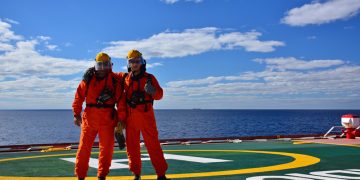New ECA Sulfur Cap effective from January 01, 2015
The U.S. Coast Guard (USCG) published a Marine Safety Information Bulletin as a reminder that fuel oil used by all ships operating in Emission Control Areas, or ECAs, including the North American and United States Caribbean Sea ECAs, cannot exceed 0.10% fuel sulfur (1,000 ppm). Ship operators are required to use compliant fuel within 200 nautical miles of the North American coast and within approximately 50 nautical miles of the United States Caribbean Sea coast. Only vessels with a MARPOL Annex VI Regulation 3 trial program exemption issued by the vessel’s flag state, and acknowledged by the United States, or a MARPOL Annex VI, Regulation 4 equivalency, issued by the vessel’s flag state, may use fuel oil which exceeds the fuel sulfur requirements. This is consistent with the Regulation 3 permit or Regulation 4 equivalency guidance previously provided. U.S. flagged vessels are subject to inspection for compliance with MARPOL Annex VI. Similarly, non-US flagged vessels are subject to examination under Port State Control while operating in US waters. If an examination of a non-US flagged vessel indicates a violation of MARPOL Annex VI, the USCG has the authority under MARPOL and the Act to Prevent Pollution from Ships (APPS) to ...
Read more
























































